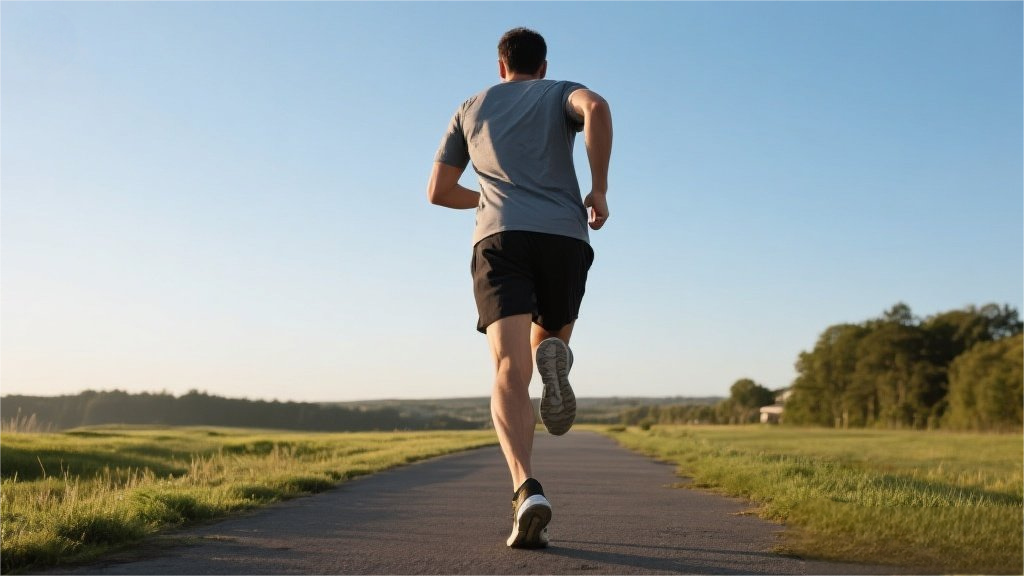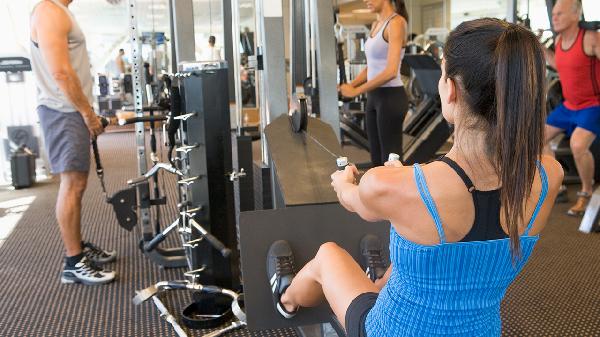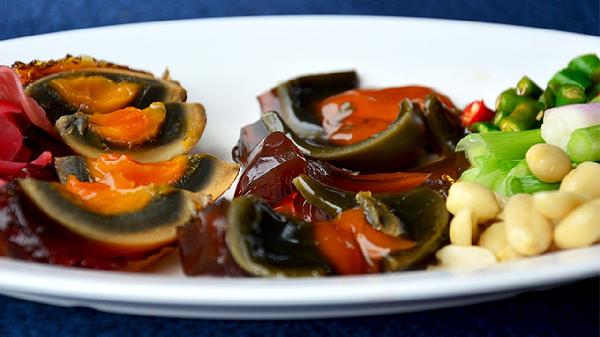If you're lacing up your running shoes with fat loss in mind, the first thing you should know is that burning fat isn't always as obvious as seeing the number on the scale drop. Fat loss happens in layers—sometimes literally—and there are way better indicators than just weight alone. Your body composition, energy levels, and even how your clothes fit can tell you more about fat-burning progress than any digital readout. So let's break down the real signs your runs are turning you into a fat-torching machine.

The Scale Lies—Here’s What Actually Matters
That number staring back at you after a week of running? It’s not the whole story. Weight fluctuates daily due to water retention, muscle gain, and even digestion. Instead of obsessing over pounds, focus on body composition. A body fat scale (though not perfect) can give you a rough estimate, but for more accuracy, consider caliper measurements from a trainer or advanced methods like DEXA scans. These show whether you're losing fat while maintaining or even building muscle—something the scale alone can’t reveal.
Your Clothes Are Getting Looser (Even If the Scale Isn’t Moving)
One of the most satisfying signs of fat loss? That pair of jeans that used to be snug now fits comfortably. Muscle is denser than fat, so as you shed fat and build lean muscle from running, your body reshapes itself. Take progress photos or measure your waist, hips, and thighs every few weeks. If those numbers are shrinking, you’re on the right track—regardless of what the scale says.
You’re Hungrier (But Not Ravenous) After Runs
Running burns calories, and your body will let you know it needs fuel. But here’s the kicker: If you’re burning fat efficiently, your hunger cues should feel manageable—not like you’re about to inhale everything in the fridge. That’s because consistent running helps regulate hormones like ghrelin (the hunger hormone) and leptin (the satiety hormone). If you’re ravenous post-run, you might not be eating enough before or after your workout. A balanced meal with protein, healthy fats, and complex carbs can keep cravings in check.
Your Energy Levels Are Steady (No Afternoon Crashes)
When your body becomes efficient at burning fat for fuel (a state called "fat adaptation"), you’ll notice fewer energy dips throughout the day. Unlike quick sugar highs and crashes from processed foods, fat is a slow-burning energy source. If you’re no longer hitting a wall at 3 p.m., your runs are likely improving your metabolic flexibility—meaning your body can switch between burning carbs and fat more efficiently.
Your Pace Is Improving Without Extra Effort
As you lose fat and gain muscle, running becomes easier. You might notice your usual route feels less grueling, or your mile times drop without you consciously pushing harder. That’s because carrying less body fat reduces the workload on your joints and muscles, making you a more efficient runner. Plus, improved cardiovascular fitness from consistent running means your body delivers oxygen to muscles more effectively.
You’re Sleeping Better and Recovering Faster
Fat loss and quality sleep go hand in hand. Running helps regulate cortisol (the stress hormone), which can otherwise sabotage fat loss. If you’re falling asleep faster, staying asleep longer, and waking up refreshed, your body is likely in a good fat-burning zone. Plus, better recovery between runs means less soreness and more consistent training—key for long-term fat loss.
Your Mindset Shifts From “Dieting” to “Fueling”
When running becomes a habit, your relationship with food often changes. Instead of seeing meals as “good” or “bad,” you start thinking about how food powers your runs. You might naturally crave more whole foods—think lean proteins, veggies, and complex carbs—because they make you feel stronger during workouts. This mental shift is a huge sign your body is optimizing fat metabolism.
So, if the scale isn’t budging but your energy is up, your clothes fit better, and you’re crushing your runs, trust the process. Fat loss isn’t always linear, but these subtle signs mean your hard work is paying off. Keep running, eat to fuel your progress, and let your body—not just the scale—tell the story.
























